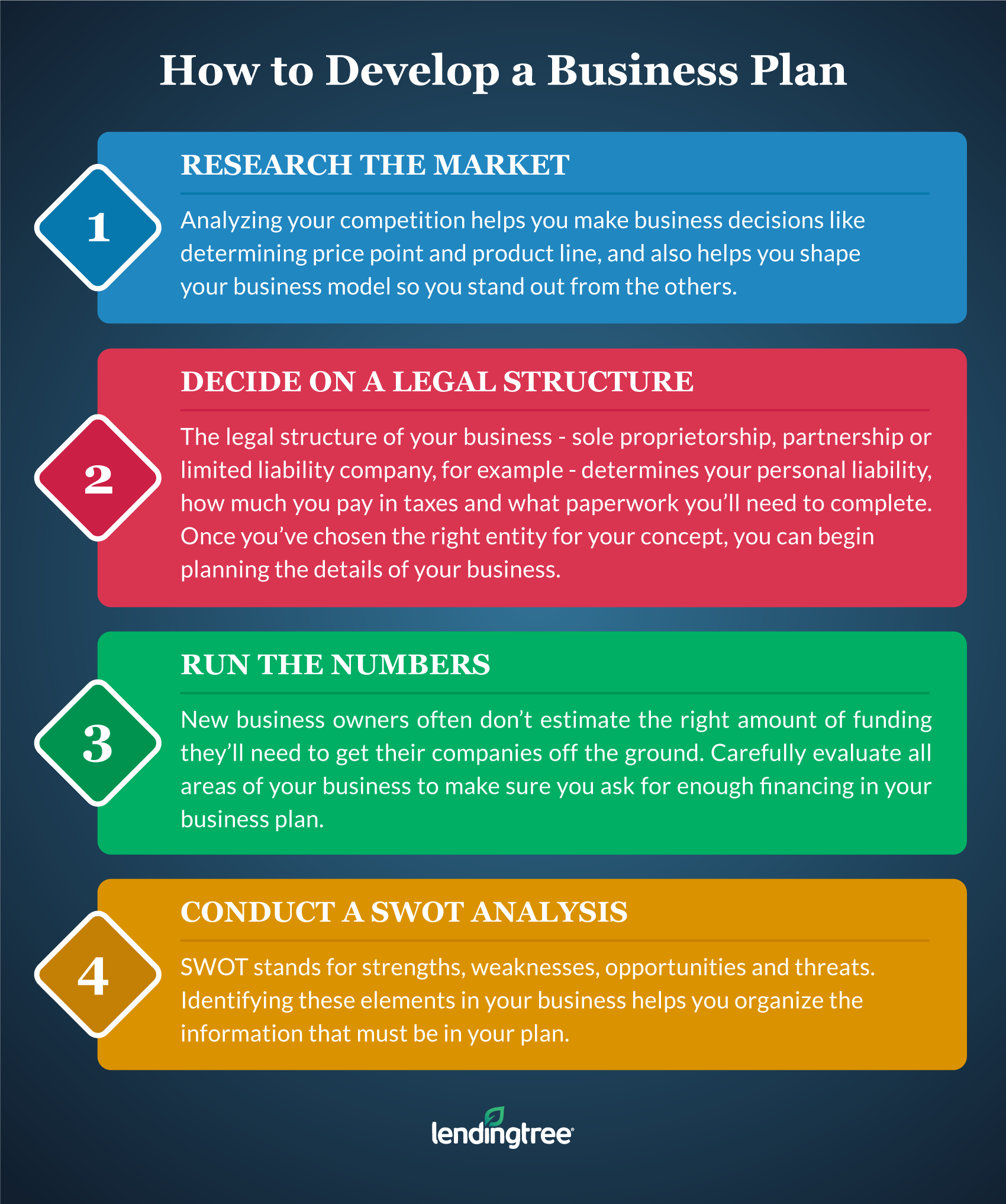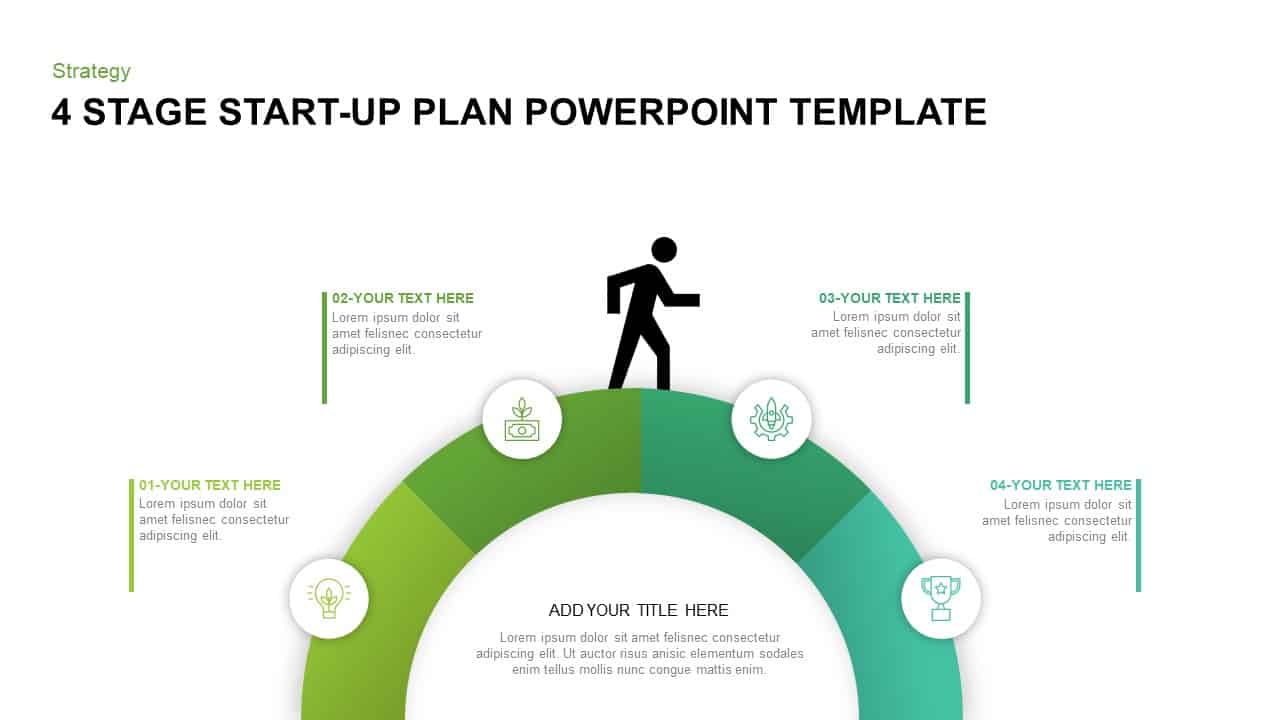
Starting a new venture can be both exhilarating and daunting. It's like embarking on a thrilling adventure, but without a map, you might find yourself lost in the wilderness. That's where a business plan comes in—it's your compass, your roadmap, and your survival guide all rolled into one. So, are you ready to turn your entrepreneurial dreams into a reality? Let's dive into the steps to create a business plan for startups.
Why Do You Need a Business Plan?
Imagine trying to build a house without a blueprint. It would be chaotic, right? The same goes for starting a business without a plan. A well-crafted business plan serves as your company roadmap, outlining your business strategy, financial projections, and operational details. It's not just a document for investors; it's your entrepreneur guide, helping you stay focused and on track.
Steps to Create a Business Plan for Startups
1. Executive Summary
Think of the executive summary as the trailer to your business plan movie. It's a concise overview that highlights the key points of your plan. Although it appears first, it's often written last. Your executive summary should include:
- Business Name and Location
- Mission Statement
- Products or Services
- Market and Competition
- Management Team
- Financial Information
- Funding Requirements (if applicable)
2. Company Description
Here's where you delve into the details of your business. Describe your startup's mission, vision, and values. Explain the problems your business solves and the unique solutions you offer. This section should provide a clear understanding of your business and the market need for it.
3. Market Analysis
A thorough market analysis is crucial for understanding your industry, target market, and competition. It's like scouting the terrain before you set up camp. Your market analysis should include:
- Industry Overview
- Target Market
- Market Size
- Competitive Analysis
- SWOT Analysis (Strengths, Weaknesses, Opportunities, Threats)
4. Organization and Management
In this section, you'll outline your business structure and introduce your management team. Explain the ownership structure, the roles and responsibilities of key team members, and their relevant backgrounds and skills. This is where you showcase the talent and expertise behind your startup.
5. Service or Product Line
Here, you'll describe your products or services in detail. Explain what you're selling, how it benefits your customers, and what sets it apart from competitors. Discuss any intellectual property, such as patents or trademarks, and any research and development activities.
6. Marketing and Sales Strategy
Your marketing and sales strategy is your battle plan for winning customers. It should outline your marketing tactics, sales strategy, and pricing strategy. Discuss how you'll reach your target market, convert prospects into customers, and retain those customers over time.
7. Funding Request (if applicable)
If you're seeking funding, this is where you'll outline your needs. Specify the amount of funding you need, the type of funding you're seeking (e.g., loans, investors), and how you plan to use the funds. Provide a clear breakdown of your funding requirements and their intended use.
8. Financial Projections
Financial projections are a critical component of your business plan. They provide a snapshot of your startup's financial health and potential for growth. Include historical data (if available) and prospective financial information, such as:
- Income Statements
- Balance Sheets
- Cash Flow Statements
- Break-Even Analysis
9. Appendix (optional)
The appendix is where you can include any supporting documents or additional information, such as resumes, permits, leases, or patents. This section is optional and should only be included if it adds value to your business plan.
Tips for Writing a Compelling Business Plan
- Keep It Simple: Avoid jargon and complex language. Your business plan should be clear and easy to understand.
- Be Realistic: Base your projections and plans on solid data and realistic expectations.
- Know Your Audience: Tailor your business plan to your readers. If you're seeking funding, focus on the information investors want to see.
- Proofread: Typos and grammatical errors can detract from your professionalism. Make sure your business plan is polished and error-free.

Resources for Startup Planning
Creating a business plan can feel overwhelming, but you don't have to go it alone. There are numerous resources available to help you, including:
- U.S. Small Business Administration (SBA): The SBA offers a wealth of information and tools for writing a business plan.
- Score: Score provides a free business plan template and mentoring services for startups.
- Bplans: Bplans offers a library of free business plan samples and templates.
Conclusion
Creating a business plan for your startup is like charting a course for a journey. It requires careful planning, thorough research, and a clear vision of your destination. But with a well-crafted business plan, you'll have a roadmap to guide you through the challenges and opportunities that lie ahead.
Remember, your business plan is a living document. It should evolve as your business grows and changes. Don't be afraid to revise and update it as needed. After all, the best plans are those that adapt to new circumstances and opportunities.
So, are you ready to turn your entrepreneurial dreams into a reality? Grab your compass, chart your course, and let your business plan guide you on your startup journey.

FAQs
How long should a business plan be?
- The length of a business plan can vary, but it typically ranges from 15 to 20 pages. The key is to include all the necessary information without being overly verbose.
Do I need a business plan if I'm not seeking funding?
- Yes, even if you're not seeking funding, a business plan is a valuable tool for planning and managing your business. It helps you set goals, track progress, and make informed decisions.
How often should I update my business plan?
- You should review and update your business plan regularly, at least once a year. However, significant changes in your business or market may warrant more frequent updates.
What if my business plan shows that my idea isn't viable?
- If your business plan reveals that your idea isn't viable, it's better to find out early. You can either pivot your idea, address the identified issues, or move on to a new venture.
Can I write a business plan myself, or should I hire a professional?
- You can certainly write a business plan yourself. There are plenty of resources and templates available to guide you. However, if you feel overwhelmed or unsure, hiring a professional can be a worthwhile investment.
Embarking on a startup journey is a thrilling adventure. With a solid business plan in hand, you'll be well-equipped to navigate the challenges and opportunities that lie ahead. So, grab your compass, chart your course, and let your business plan guide you to success.
Posting Komentar